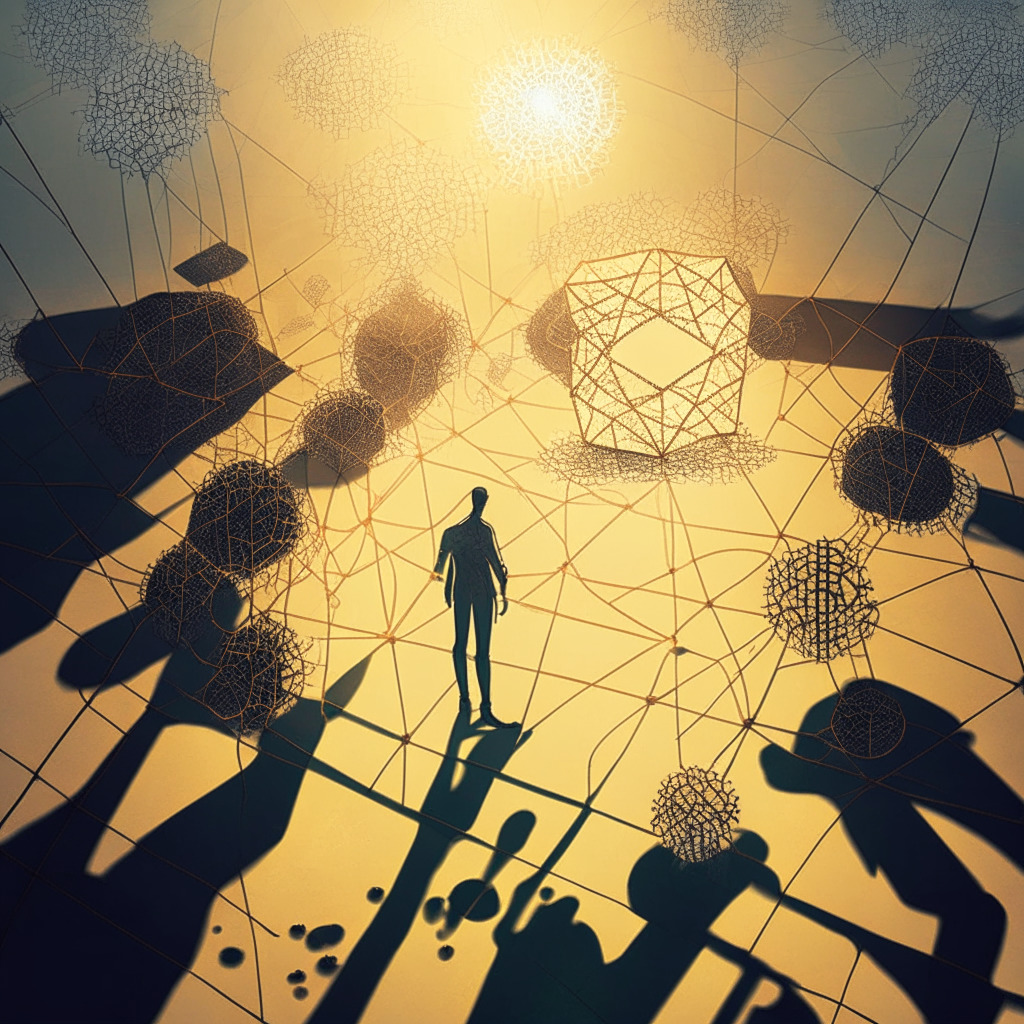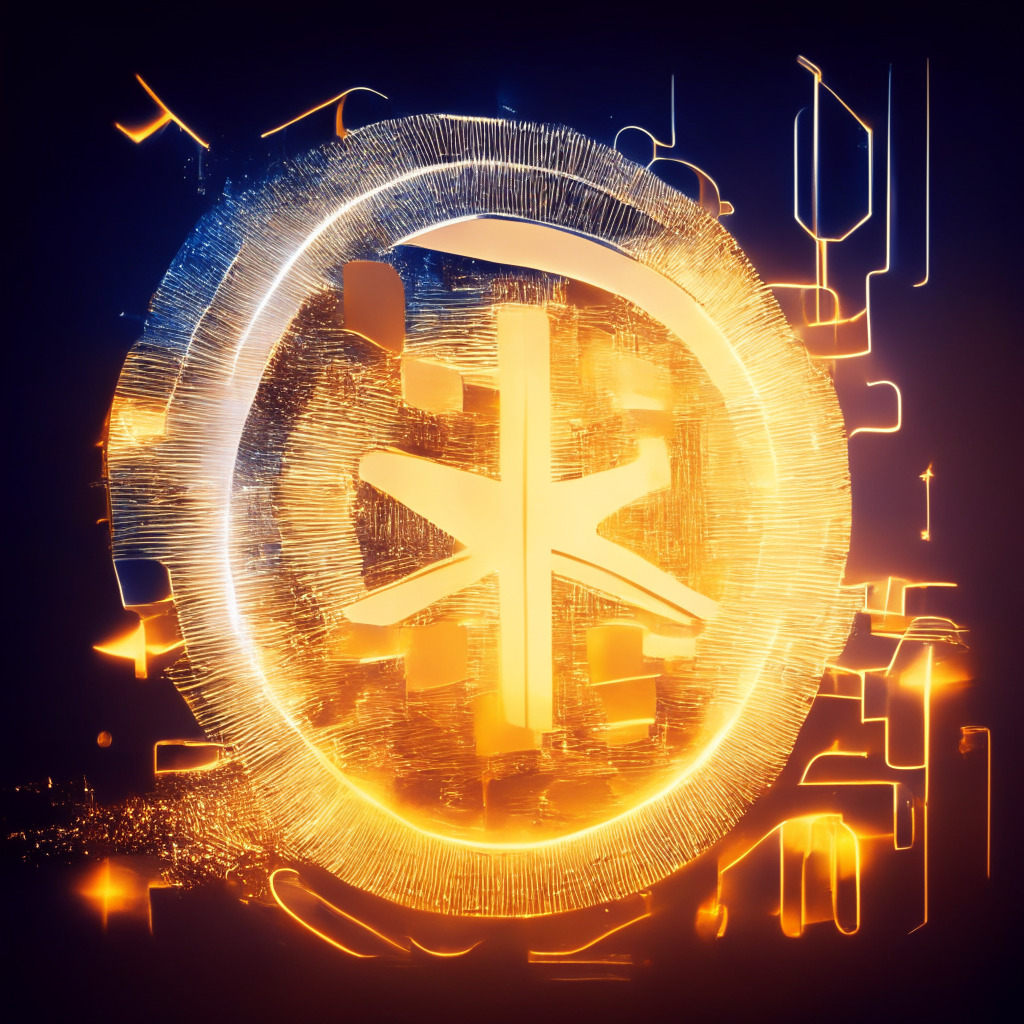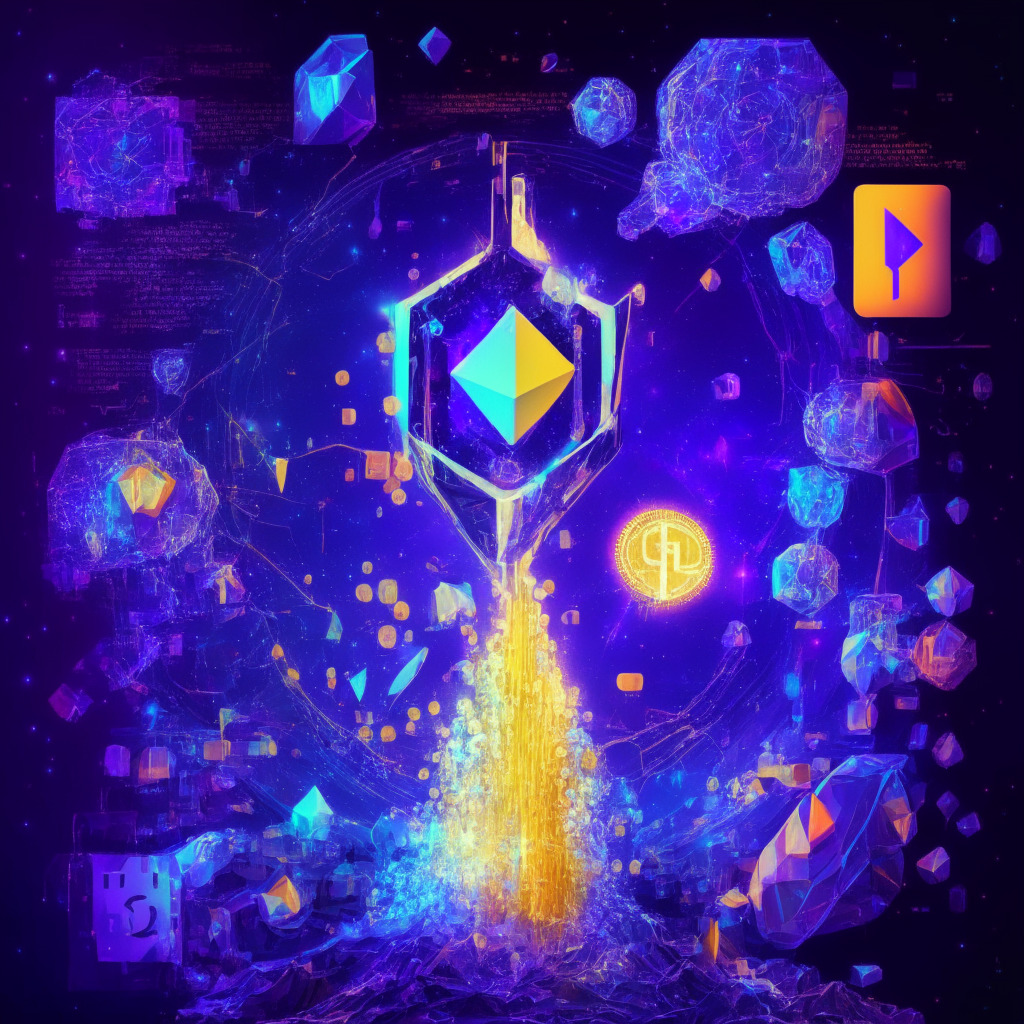The impressive growth of AI-powered apps like ChatGPT, while exciting, also brings forth concerns about a future dominated by artificial intelligence. As experts debate AI’s potential, some argue that blockchain technology may play a crucial role in saving humanity from AI domination.
Ben Goertzel, the founder of SingularityNET, believes that ChatGPT is a remarkable leap forward, but it is not yet on the level of what he calls “artificial general intelligence” (AGI). This refers to computers that can think for themselves. AI models like ChatGPT are massively data-driven, whereas humans achieve their breadth of knowledge by making iterative, creative generalizations.
The use of blockchain is being proposed as a way to manage critical aspects of AI development, such as training data accessibility, incentivization, and decentralization. Blockchain can help create decentralized systems, ensuring that AI development control doesn’t fall into the hands of a few monopolies. Tokenizing data and implementing reputation systems on blockchain may help establish public trust in AI applications while holding developers accountable.
One major challenge in AI is the governance and management of data sets. Blockchain can help provide secure sharing of data, immutability, provenance, custody, censorship resistance, and privacy without allowing any single entity to control the data. Auxiliary tools like tokenomics and decentralized data infrastructure can make the future of AI more accessible and responsible.
Despite the potential benefits of blockchain in the AI space, it is no panacea. Skeptics argue that these decentralized technologies are still nascent and may simply create an unintended legion of self-perpetuating AI systems. Others, like De Kai of the HKUST and Berkeley ICSI, believe that the short-term focus should be on AI’s current impact on society.
Collaboration between AI and blockchain may well provide enormous value. As blockchain technology becomes more widely adopted, we can anticipate a future where it serves as a central component of mainstream AI development.
Source: Cointelegraph




